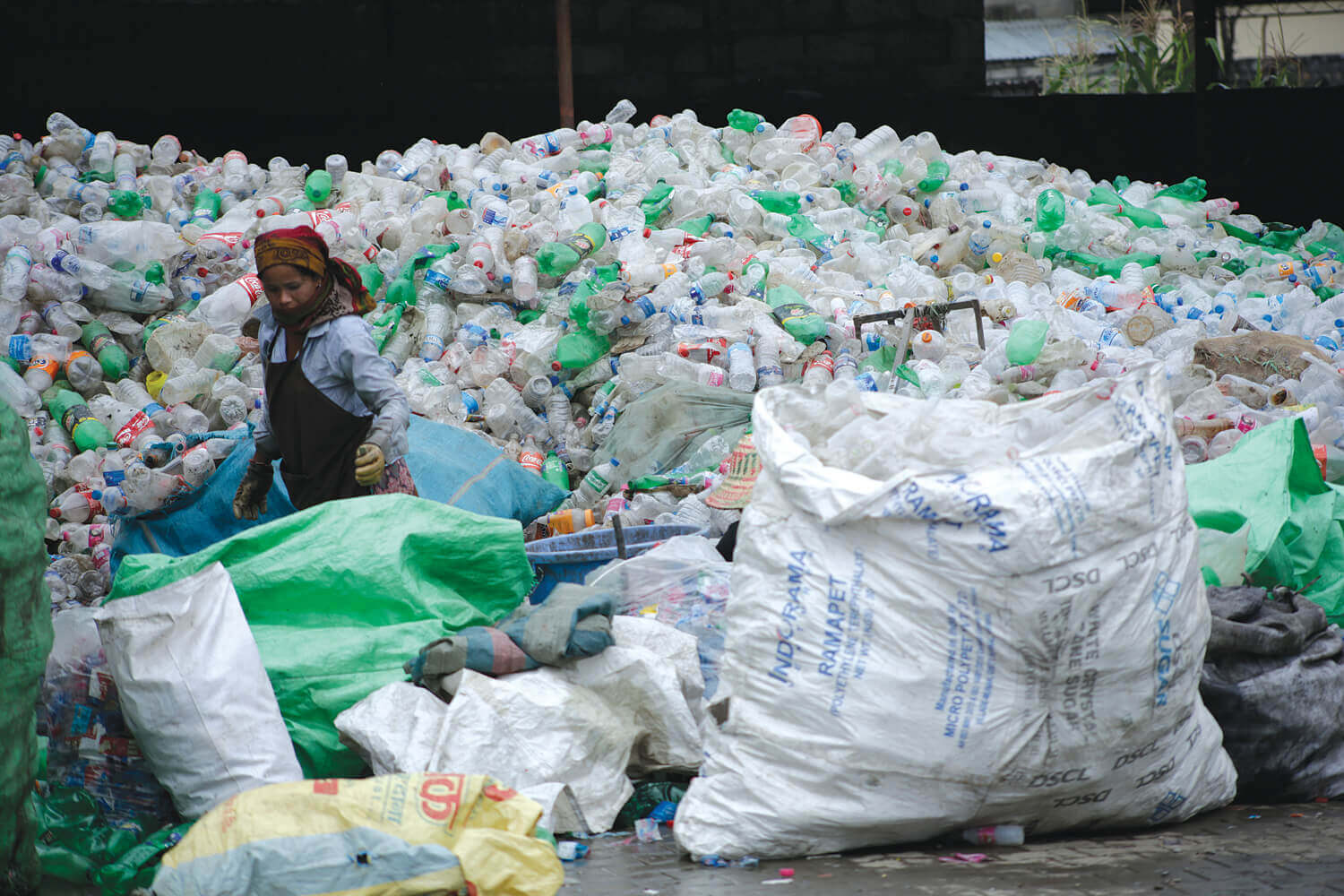Nepal moves from aid to enterprise

As human beings, we are creatures who measure. We count. We quantify. We love numbers even more with every passing year with the 'Decade of Data' now well underway.
Money is no different. We count and calculate it. We measure and monitor. We consider our spending and contemplate new income streams. But money doesn't grow on trees. So where does it come from?
Nepal has been the rich beneficiary of strong governmental relations with Western countries like the US, UK, Germany, for over seven decades since joining the Colombo Plan in 1952. Today, foreign aid to Nepal accounts for around $350 million per year making up a sizeable chunk of Nepal’s total GDP.
But in his book Kathmandu, Thomas Bell warns: 'The agents of development rather than the targets, have benefitted financially … thousands of man-hours of expert advice have failed to upskill or incentivise the indigenous workforce significantly.'
Aid often fails to breed a sense of dignity, responsibility and ownership. Social entrepreneurship is a better option. A growing group of business-minded, socially-interested stakeholders from both within and outside Nepal are now reframing the debate on aid. What if enterprise took the place of aid? What if micro-loans and micro-financing replaced the 'gigantism' of macro-projects in Nepal?
The ultimate, good and true purpose of business is to increase human wellbeing. When people create wealth themselves, however, they are empowered, and benefit from a sense of dignity, ownership, and responsibility. The imbalance in relations between the 'West' and the 'Rest' too often results in positions of power and paternal stances of support.
The wealthy then typically see their responsibility towards the poor in terms of chairty. Not only can this breed dependency and irresponsibility, but it is also liable to corruption and misuse. Further, such aid rarely pays respect to local norms, indigenous cultures and practices.
Enterprise, or more specifically social enterprise, focuses on enabling, creating, and facilitating long-term indigenous enterprises. These foster 'independence, dignity, and ownership...rather than breed dependency, these approaches encourage responsibility’, notes the British thinker on business, Peter Heslam.
Social enterprises are coming up all over Nepal. Visit the Village Cafe in Pulchok and taste the fantastic Newari yomari. This is an initiative of the SAARC Business Association of Home Based Workers (SABAH) Operating on a model of dispersed ownership, SABAH runs as a social enterprise with a flat hierarchy.
Not only does this mean every voice is listened to (helpful in cottage industries and with home based workers in particular) but more importantly responsibility & ownership are divided amongst all members. Learn more here.
A trip to Baglung district, west of Pokhara, will show you social enterprise in action with educational institutions. Bhimsen Higher Secondary School (HSS) based in Bihun of Baglung runs a social enterprise arm in partnership with PSD Nepal, where initiative is fostered. Local staff, students, and teachers pitch for ideas of extra-curricular support whether sporting events, musical instruments, new ICT equipment or smart-screens, and the like. PSD Nepal helps partner with funders to make these initiatives happen. All the responsibility is at the local, grassroots level, and initiatives for new ideas stems from the school itself too.
Himalayan Plastic in Pokhara featured in this newspaper (18-24 June 2018, #910) works to get street children into employment. Training and apprenticeships from carpentry to mechanics, metal-making, and plumbing serve not only to give valuable skills to ex-street children, but also lead into careers and jobs with Himalayan Plastic recycling based in Pokhara Industrial Park -- another brilliant example of social enterprise fostering local, applicable, practical skills.
Interestingly, Hidden Journeys Nepal works to connect these dots. Show-casing meaningful projects with meaningful impact across Nepal, they share success-models and inspire future entrepreneurs. As they put it – there are 'intelligent solutions that improve people's lives' all across Nepal.
From SABAH to Himalayan Plastic in Pokhara, to Baglung, and many more initiatives across Nepal, social enterprises are promoting grassroots leadership, local solutions, circular economies, and resourcefulness. A move from aid to enterprise would foster responsibility in Nepal. Enterprise demands ownership, a training-ground for integrity, trust and honesty. Enterprise lasts.
Samuel Johns studied geography at the University of Oxford and UBC in Canada and writes about the Himalaya in the anthropocene.
Photo: Yuvaraj Shrestha




